AmplifyBio presented in the Beyond Compliance Specialty track at the Society of Quality Assurance 2024. The presentation, titled “Building Resilient GxP Quality Processes to Support Business Needs,” discusses AmplifyBio’s journey of implementing our eQMS, Veeva, and, more importantly, the evolution of the quality processes behind the system.
AmplifyBio’s shift from a compliance culture to a quality culture is driven by the desire to move beyond simply meeting regulatory requirements and realizing business efficiencies. The presentation emphasized the importance of understanding your process before implementing a system while focusing on continuous improvement. Robust quality processes can lead to a reduction in errors, increased efficiency, and, ultimately, higher client satisfaction.
The session included two case studies that exemplified AmplifyBio’s approach to quality process development.
Case Study 1: Tool First, Process Second (a Training Program Journey)
Challenge: Implement an eQMS without a defined Training Program. The company faced challenges due to a need for more organization and a structured training matrix. These challenges, without definition prior to system implementation, led to a misalignment between training needs and staff readiness.
Here are the solutions implemented:
- Comprehensive training roadmap with prerequisites, clear learning objects, and thoughtfully designed curricula
- Implemented a monitoring and assessment system to track training effectiveness
- System refinement to support process
Case Study 2: Process First, Tool Second (a Deviation Program Journey)
Challenge: Implement an eQMS with an existing Deviation Program that lacked robustness. The company faced challenges as the deviation program did not identify root causes or implement corrective and preventive actions.
Here are the solutions implemented:
- Implemented a process-driven approach with cross-functional team involvement
- Defined clear roles and responsibilities (RACI)
- Established a well-defined workflow with root cause investigation and CAPA (Corrective and Preventive Actions) for critical deviations.
The session highlighted the significance of a quality culture prioritizing continuous improvement and emphasized the importance of defining and building solid processes before implementing an eQMS tool. Finally, it underscored the value of tailoring the eQMS tool to fit the organization’s specific needs, ensuring that it complements and enhances established quality processes.

